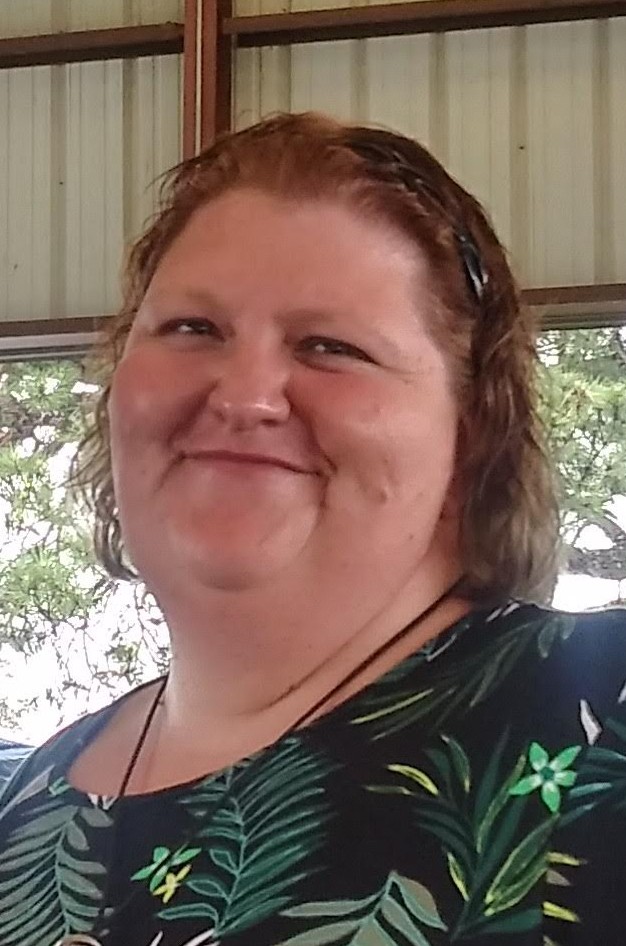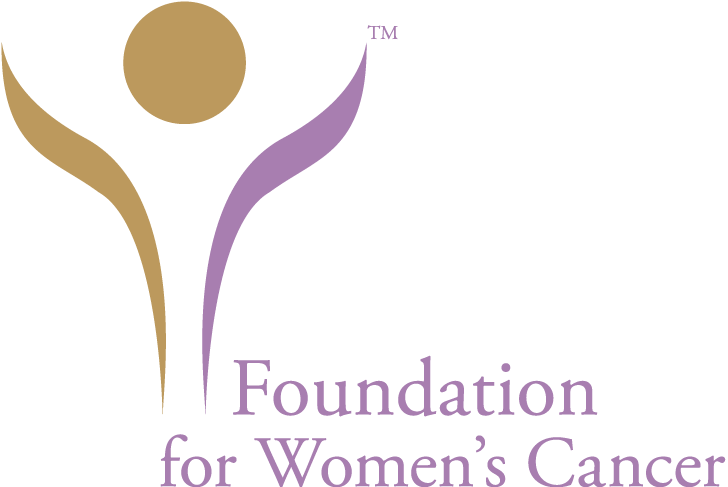Listening to One’s Body: There Are No Stupid Questions

Joyce Lamson
Joyce Lamson was diagnosed with stage 1 endometrial cancer in September 2017. At the time she was almost 36 years old and had been struggling with infertility since 2004, so when she started passing large blood clots, she knew that she needed additional medical attention. “I’m in a double battle here,” she explained. “Do not ignore your body—no matter how bad you want a child or don’t want surgery, remember your family needs you.”
Extended family is an important part of Joyce’s life. Joyce, her husband and teenaged stepchildren live on family property in southern Louisiana within a tenth of a mile from her parents’ house and her sister’s house. In addition to substitute teaching and caring for her immediate family, she also is the “doctor appointment chauffer” for her uncle and grandfather.
Now 37, Joyce has currently been in remission for at least six months, and receives hormonal treatment via an intrauterine device (IUD) because she still desires fertility. “Once I get my IUD removed, I’ve been given a nine-month window to conceive.” She has been told by her doctor at Ochsner Cancer Center in Baton Rouge that if she does not get pregnant within the next nine months, an IUD will be put back in or she will have to have a hysterectomy—the removal of her uterus—which would permanently end her ability to become pregnant.
“It’s important to have a doctor you are comfortable with—you get diagnosed with cancer, you don’t know which way to turn,” she said. “Have a doctor that is going to work with you and not take you as a number.”
“Like my doctor told me, we caught the cancer early, it was stage 1. The only stupid question is an unasked question. Whenever I had the bleeding, I called my doctor,” said Joyce. “If you have an inclination that something is not right—question it.”
Joyce realizes that the next few months might be emotionally trying for her and her family, but she has also developed coping strategies to get her through tough times.
“As far as handling it, you’re going to have your positive days and your down days. Some people can handle having other people around. I preferred to be alone when I’d have my down days, but I would be sure to text my sister,” she said.
“Even when you have fertility issues, keep yourself involved—it’s important to keep moving. If you have too many down days you are not allowing your immune system to work and you are not allowing your body to get where you need to be,” Joyce explained. “The possibility of not having a child will be the biggest thing, but it’s important to keep moving as far as coping. Make sure you limit your down and out days and get yourself moving.”
While it is uncommon for women under the age of 40 to be diagnosed with a gynecologic cancer, it does happen, and young women face a unique set of challenges during their treatment and in planning survivorship. Learn more about survivorship and how treatment-related side effects can impact fertility.
